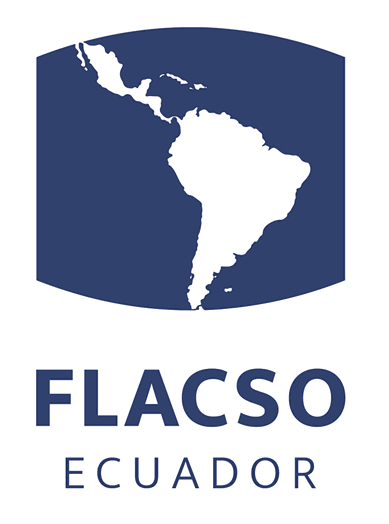Por favor, use este identificador para citar o enlazar este ítem:
http://hdl.handle.net/10469/7494Registro completo de metadatos
| Campo DC | Valor | Lengua/Idioma |
|---|---|---|
| dc.creator | Benítez Jiménez, Maira Ixchel | - |
| dc.date | 2015-07 | - |
| dc.date.accessioned | 2015-08-11T22:00:33Z | - |
| dc.date.available | 2015-08-11T22:00:33Z | - |
| dc.identifier.citation | Benítez Jiménez, Maira Ixchel. 2015. Frente al genocidio: justicia transicional y movilización en Guatemala (Tema central) o Facing genocide: transitional justice and mobilization in postwar Guatemala. Urvio. Revista Latinoamericana de Estudios de Seguridad, 16:37-52. | es_EC |
| dc.identifier.issn | 1390-4299 (en línea) | - |
| dc.identifier.uri | http://hdl.handle.net/10469/7494 | - |
| dc.description | Este artículo explora distintas dimensiones de la justicia transicional en Guatemala, enfocándose en los distintos intentos por parte de organizaciones de víctimas y de derechos humanos para juzgar el delito de genocidio, los cuales alcanzaron una sentencia histórica en un tribunal nacional en mayo de 2013. La tesis principal plantea que la capacidad de las organizaciones querellantes para reproducir acciones coordinadas multidireccionales (hacia arriba, hacia abajo y hacia el exterior) a lo largo de su proceso de movilización sociolegal posibilitó la capitalización de recursos necesarios para la construcción, sostenimiento y culminación de la demanda. Se concluye que la confluencia de la acción colectiva en derechos humanos y el cúmulo de experiencias en el campo de especialización legal son elementos imprescindibles para el avance de la justicia transicional en Guatemala. | es_EC |
| dc.description | This paper explores the different dimensions inherent to transitional justice and law enforcement in Guatemala, focusing in a study of the diverse efforts that human rights and victim support organizations had to advocate for a prosecution of genocide to take place, and which reached a historical verdict in a national Guatemalan court on May 2013. The main thesis states that a capacity to coordinate joint multidirectional actions by the opposing parties in regards to the process of socio-legal mobilization (dealing with government institutions, NGOs and concerned national organizations and abroad) led to a capitalization of the necessary resources for the build-up, support and culmination of the historical suit. Consequently, it is possible to conclude that the confluence of collective action as well as the accumulation of experience in the field of legal specialization are all crucial elements in the advancement of transitional justice in Guatemala. | es_EC |
| dc.format | p. 37-52 | es_EC |
| dc.language | spa | es_EC |
| dc.publisher | Quito, Ecuador : Flacso Ecuador : Relasedor | es_EC |
| dc.rights | openAccess | es_ES |
| dc.rights | Atribución-NoComercial-SinDerivadas 3.0 Ecuador | * |
| dc.rights.uri | http://creativecommons.org/licenses/by-nc-nd/3.0/ec/ | * |
| dc.subject | ACCIÓN COLECTIVA | es_EC |
| dc.subject | DERECHOS HUMANOS | es_EC |
| dc.subject | JUSTICIA | es_EC |
| dc.subject | JUDICIALIZACIÓN | es_EC |
| dc.subject | MOVILIZACIÓN DE RECURSOS | es_EC |
| dc.subject | LEGISLACIÓN | es_EC |
| dc.subject | GUATEMALA | es_EC |
| dc.title | Frente al genocidio: justicia transicional y movilización en Guatemala | es_EC |
| dc.title.alternative | Facing genocide: transitional justice and mobilization in postwar Guatemala. | es_EC |
| dc.type | article | es_ES |
| dc.tipo.spa | Artículo | es_EC |
| Aparece en las colecciones: | Revista Urvio No. 16, jul. 2015 | |
Archivos en este ítem:
| Archivo | Descripción | Tamaño | Formato | |
|---|---|---|---|---|
| RFLACSO-Ur16-04-Benitez.pdf | Revista - artículo | 416,34 kB | Adobe PDF |  Visualizar/Abrir |
Este ítem está sujeto a una licencia Attribution NonComercial ShareAlike (CC BY-NC-SA 4.0)
Licencia Creative Commons



